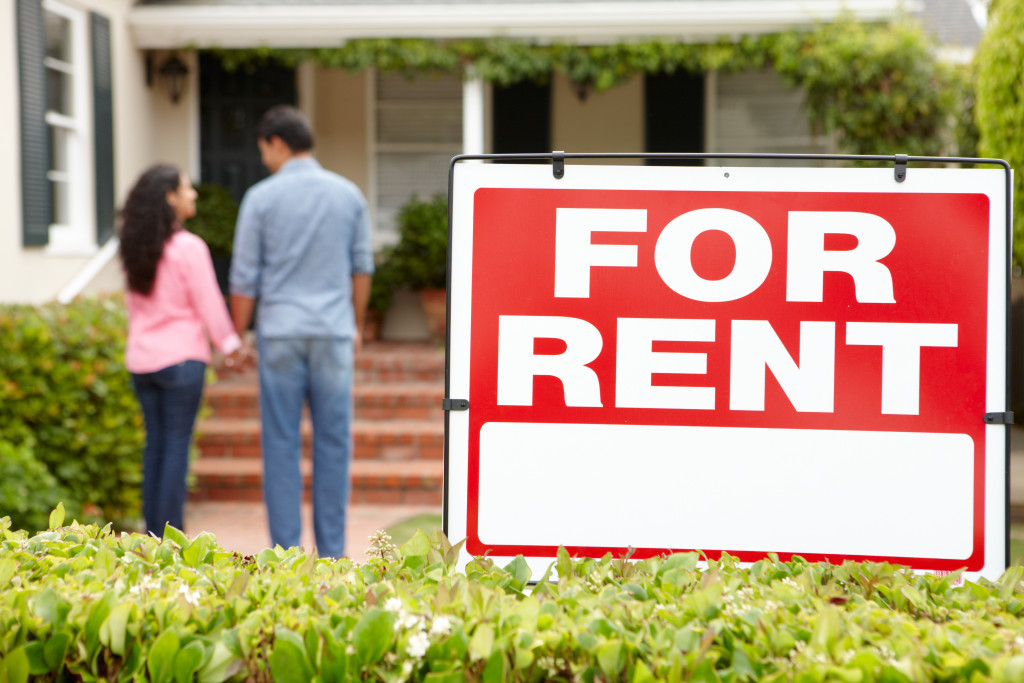There’s a lot that goes into managing a rental property. It can be a full-time job, from finding the right property to maintaining it and dealing with repairs. Even if you are already used to managing a property, each property’s challenges can differ.
Here are some common rental management challenges and solutions to help you overcome them:
Finding A Suitable Property
Searching for a property you can turn into a rental is never easy. There’s a lot to consider: from the location to the type of property, you need to make sure it’s a good investment. Failure to find the right property can cost you a lot of money in the long run.
Before you search for your investment property, make a list of must-haves. This list should include the property type, location, and size. Once you have your list, start researching and find a property that matches your must-haves.
Here are a few tips on finding a suitable rental property:
- Look for locations with high demand. This could be near a university, a desirable neighborhood, or a city with a low vacancy rate.
- Research the area. In addition to looking for locations with high demand, you should also research the surrounding area. This includes things like crime rates, upcoming developments, and amenities.
Get help from a real estate agent. If you’re unsure where to start your search or don’t have the time to do it yourself, consider working with a real estate agent. They can help you find the right property based on your must-have list.
Screening Tenants
Screening tenants is one of the most important—and challenging—aspects of managing a rental property. You want to ensure that you’re renting to responsible, respectful tenants who will take care of your property as if it were their own. But how can you be sure?
Some tenants are good payers, meaning they always pay their rent on time, while others are constant late payers or may even skip out on rent altogether. And then, there are those tenants who cause damage to the property or create other problems.
The best way to screen tenants is to check their references and run a credit check. This will give you an idea of their financial history and whether or not they’re likely to pay their rent on time. You should also consider doing a background check to see if there’s anything in their past that could cause problems, such as a history of drug use or violence.
If you’re still not sure about a tenant, you can always ask for a larger security deposit. This will give you some financial protection in case they do cause damage to the property or don’t pay their rent.
Dealing With Repairs and Maintenance
Another challenge of managing a rental property is dealing with repairs and maintenance. Things will inevitably break and need fixing. Depending on the age of the property, there may be more frequent or serious repairs you need to make.
One way to deal with repairs and maintenance is to create a maintenance and repair fund. This way, you have the money to pay for the repairs when something breaks. A general rule of thumb is to set aside 1-2% of the property value each year for repairs and maintenance.
Another way to deal with repairs and maintenance is to include it in the rent. You can do this by charging a higher rent amount or having utilities in the rent price. This way, when something does break, the tenants are responsible for paying for the repairs.
You can also include a clause in your lease agreement that states the tenant is responsible for certain repairs, such as fixing a clogged sink or changing a light bulb. This will make your tenants more aware and accountable when it comes to maintaining the property.

Collecting Rent
Collecting rent can also be challenging at times. Some tenants might be late on their payments or try to get out of paying rent altogether! You might also need to evict a tenant for not paying their rent or for other lease violations.
The best way to collect rent is to stay organized and have a system in place. You should have a specific day of the month when rent is due. Remember to send out reminders a few days before that date. You can also set up an automatic payment system to automatically withdraw the rent from the tenant’s bank account on the due date.
If a tenant is late on their rent, you should contact them as soon as possible. Most leases have a late fee added if the rent is not paid by a certain date. You can also start eviction if the tenant doesn’t pay their rent within a specified timeframe.
Managing Different Hats
As a rental property manager, you’ll be wearing many hats. You’ll need to be a landlord, a repairs and maintenance person, and a rent collector. You are also responsible for marketing your property, paying taxes, keeping up with tenant laws, and more. And you’ll need to do all this while keeping your tenants happy!
When you can no longer manage your rental property on your own, it might be time to hire a professional property manager. A property manager can take care of all the day-to-day tasks, so you can sit back and relax. They can also handle repairs and maintenance, rent collection, and evictions.
If you decide to hire a manager, make sure to do your research. Ask for referrals from other landlords and read online reviews. Find a property management company with an excellent reputation, the necessary licenses and insurance, and managers with experience managing properties like yours. The right one will make your life much easier and ensure all your tenants are happy!
Property management is a big responsibility, but it can be enriching. By following these tips, you can successfully manage your rental property and create a positive experience for both you and your tenants!





